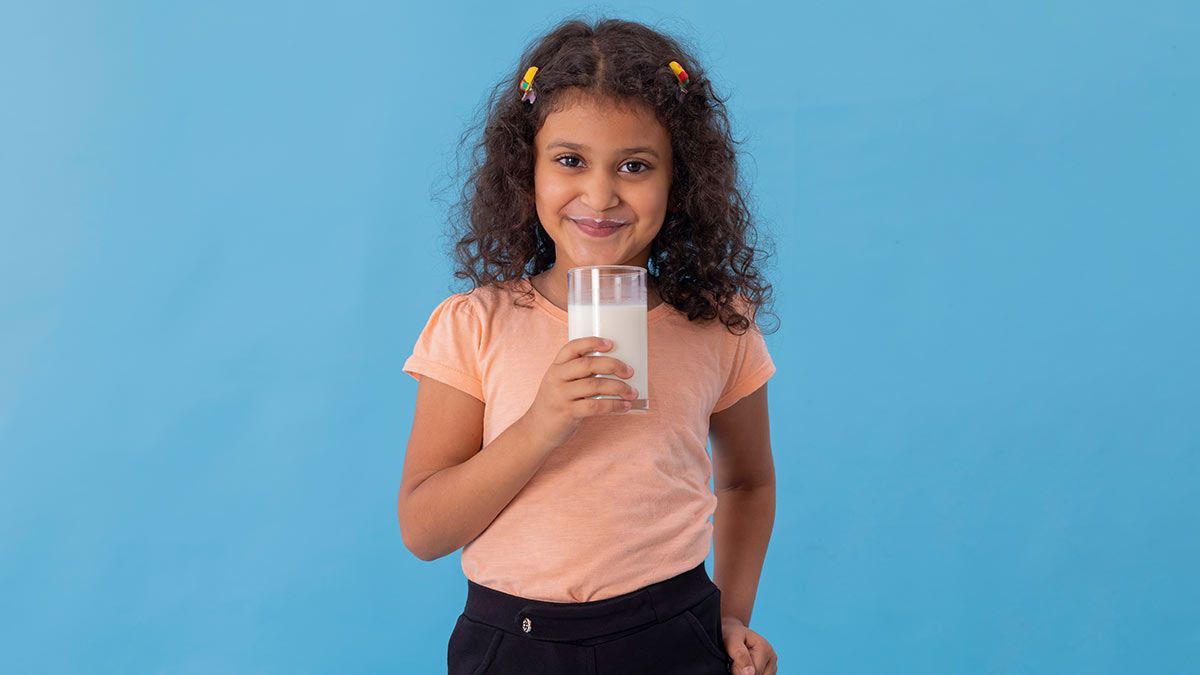What are the healthiest drinks for kids?

The beverages children consume are just as important as the food they eat. Many drinks marketed to kids, including sports drinks, juices and sodas, contain added sugars that can lead to dental cavities and are associated with long-term health risks such as obesity, type 2 diabetes and heart disease. Even beverages that contain non-sugar sweeteners, such as diet soda, may not be as healthy as previously thought, and may not help with weight control.
An expert panel convened by Healthy Eating Research, in collaboration with the Academy of Nutrition and Dietetics, the American Academy of Pediatric Dentistry, the American Academy of Pediatrics and the American Heart Association, has issued new guidelines to help parents make informed decisions.
Based on an extensive review of scientific literature, the panel recommends that water and milk are the healthiest drinks for kids. Although individual needs vary based on age, sex, weight and physical activity, children should typically drink 16 to 88 ounces of water daily (approximately 0.5 litre to 2.5 litres):
5–8-year-olds: 2 to 5 cups per day
9–13-year-olds: 2.75 to 7.6 cups per day
14–18-year-olds: 3.6 to 11 cups per day
Children should also drink unsweetened, plain, pasteurised milk:
5–8-year-olds: up to 2.5 cups per day
9–18-year-olds: up to 3 cups per day
Plant-based milks, like almond or oat milk, often lack essential nutrients and may contain added sugars. These should only replace dairy for medical reasons, such as allergies. Flavoured and sweetened milk should also be avoided or limited. Hundred per cent fruit and vegetable juice should be limited to no more than half to one cup per day, depending on the age, due to its high sugar content and lack of fibre.
Sugar-sweetened beverages, including sports drinks, sodas, energy drinks, fruit drinks, fruit-flavoured drinks, lemonade, sweetened waters and sweetened coffee or tea drinks, should be avoided. These drinks are low in nutritional value and may have negative health consequences. Additionally, caffeinated drinks can contribute to poor sleep, increased blood pressure and issues like depression and anxiety.
Health